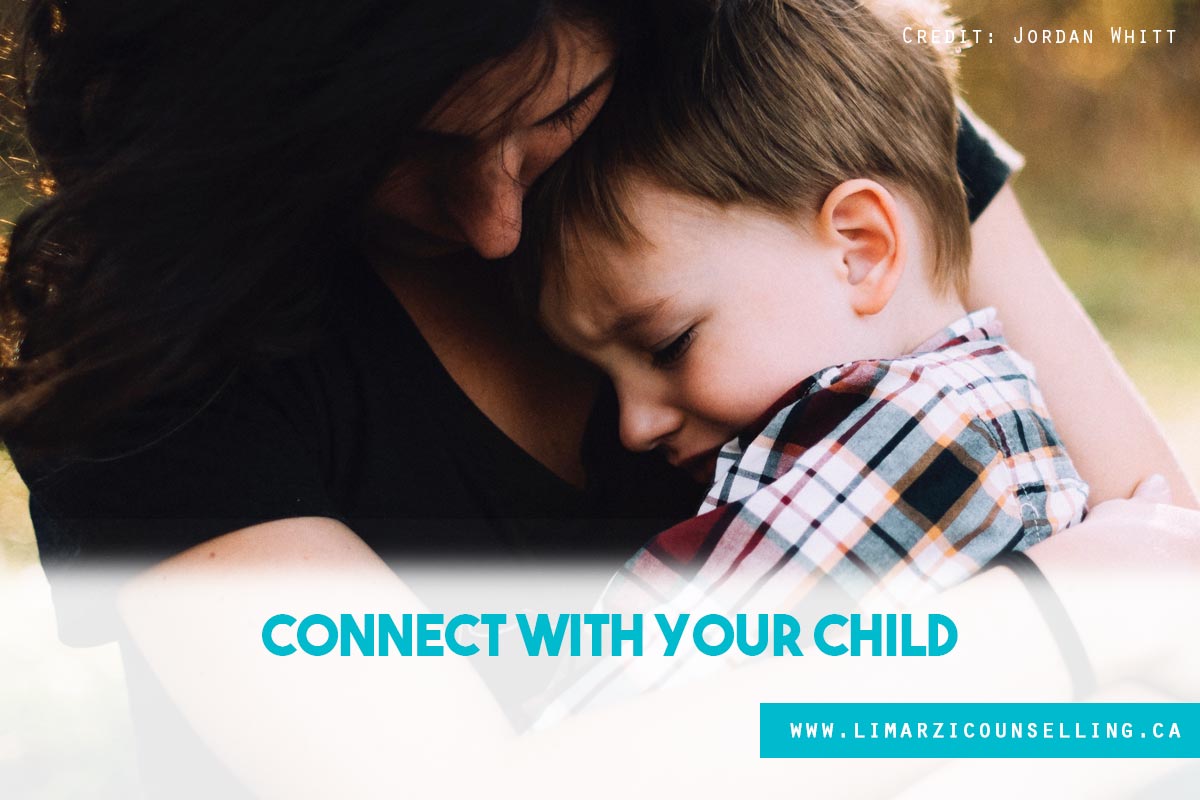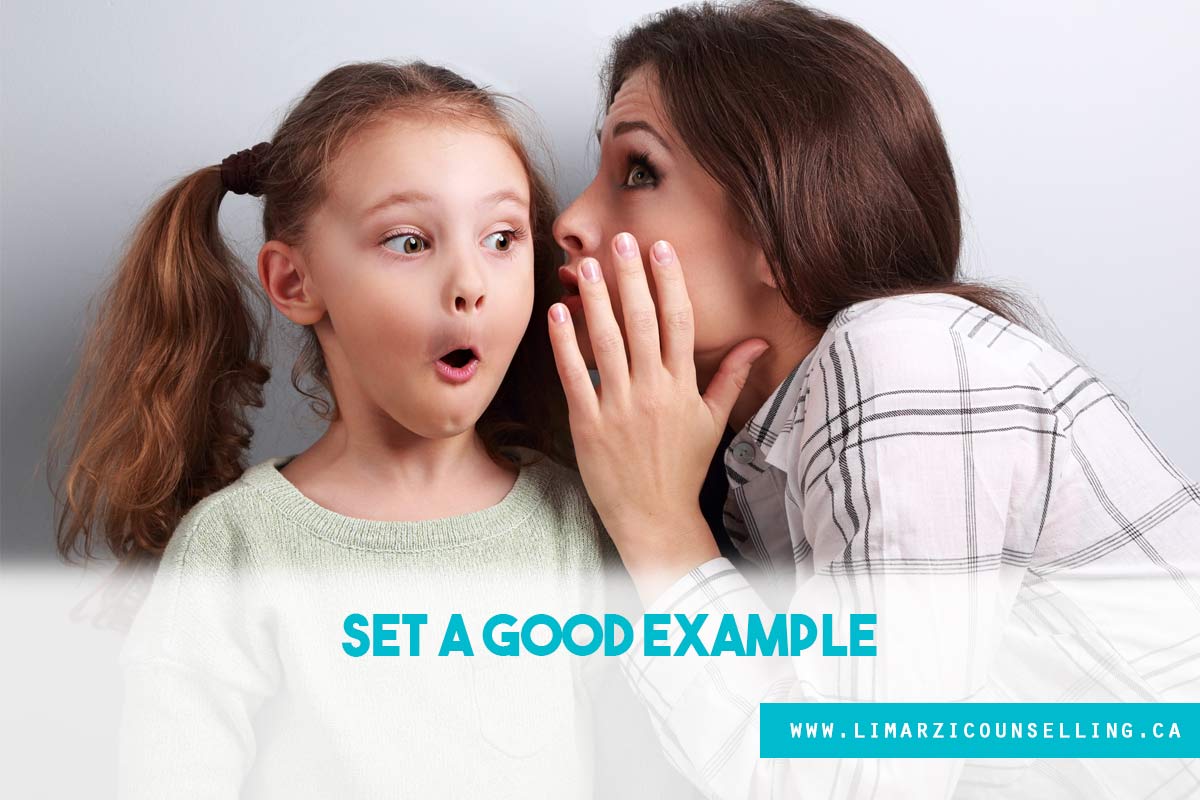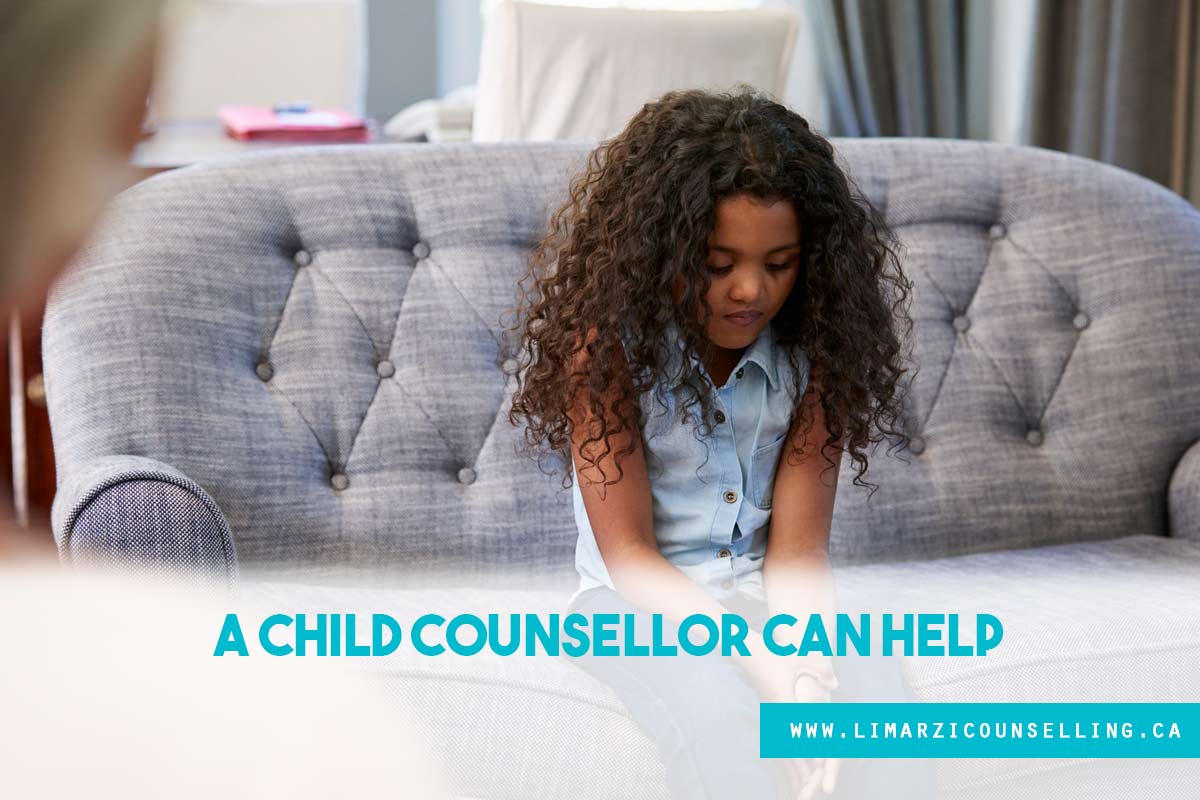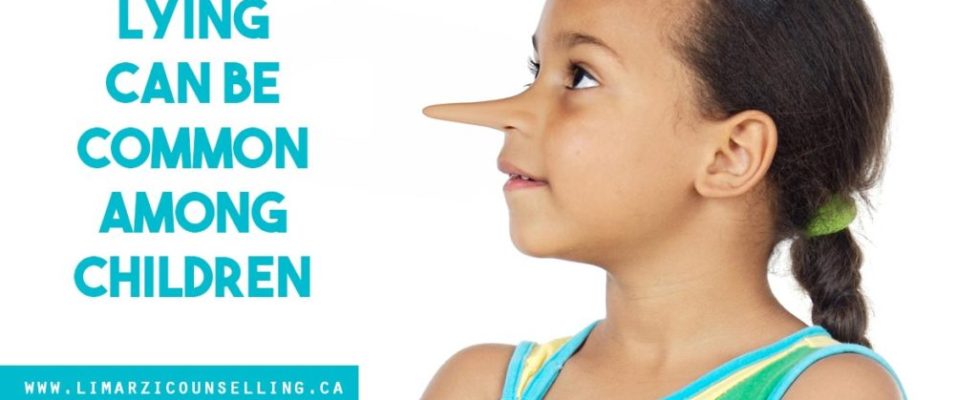Little Fibs and Big Whoppers: What to Do When Your Child Is Lying
As parents, we often worry that if our child lies, there will be terrible consequences for them down the road. The correlation between childhood and lying is not fully understood, but it is likely that children may “tell fibs” because they feel guilty, fear punishment, or want to avoid disappointment from the adults they trust most. Some children might simply want something, and lying is the easiest way to get it. (In all fairness, these are the same reasons why adults also lie.)
Understanding how to effectively communicate with a child when they are caught in a lie can prevent little little white lies from growing up into a pattern of deceit.

What Lies Really Mean
According to Dr. Kang Lee (child developmental expert, professor at University of Toronto, and the director of the Institute of Child Study), lies told by a small child may represent learning. It’s possible that the behaviour of lying is little more than the child is learning to organize and process information more effectively. Telling an effective lie can mean that a child has achieved important milestones in their mental growth:
- They understand that what someone else knows is not necessarily what they know (this is called theory of mind)
- They know how to regulate their own behaviours & actions to make their lies believable (this is called executive function)
Lee’s research also discovered that it is common for children as young as 3 years old to lie, and that many school-aged children are proficient liars, able to fool parents, teachers, and other adults roughly half the time. However, this behaviour does not necessarily have a negative effect on the adults they will eventually become. In fact, the techniques your child learns when lying are the skills that will eventually help them solve problems, take perspective, and pursue and achieve goals. The tendency to lie begins to decrease at the age of 17. This often occurs spontaneously, when children start to undertake a more adult level of responsibility.

How Parents Should React When We Catch a Lie
Parents are often quite anxious or upset when we catch their child lying. We punish the child in the hope of correcting “bad behaviour.” Even if your child learns from a mistake, they may still lie in the future to avoid repeated punishment. To limit your child’s desire to lie, try a more positive approach:
- Stay calm. A child caught in a lie is likely already feeling bad. Reacting with anger might not only make the child feel worse, but may prevent them from telling you the truth in the future. Calmly tell your child you are not happy with their actions and that there will be fair consequences. Discuss the matter calmly in a solutions-oriented manner. Encourage your child to suggest ways to avoid lying in the future.
- Separate the child from the behaviour. Make it clear you don’t love them any less because they lied. Avoid labels like “dishonest” or “liar.” Over time, these accusations or labels may become self-fulfilling prophecies.
- Avoid asking rhetorical questions. A rhetorical question may sound like a trap to the child. Make sure the questions have an acceptable answer to the situation. Instead of asking “Have you cleaned your room?” ask “When do you plan on cleaning your room?”
- Use it as an opportunity to grow closer. Instead of blaming your child right away, try to understand why they lied in the first place. Why weren’t they honest with you? How can you encourage them to be more truthful in the future? Ask questions and let your child know you understand why they lied. If you validate their feelings, they will feel understood and heard, making them more likely to confide in you in the future.

- Remember that mistakes are lessons. Making mistakes is one of the ways we learn to make better choices. Whether your child is caught telling little fibs or big whoppers, retain a sense of the bigger picture. Correct them gently, turning a potentially frustrating moment into an opportunity for growth. Try asking your child what they would do differently if given the chance to relive the situation. Chances are, they will suggest a more positive approach.
- Praise your child’s honesty. If your child tells you that they broke the toaster or flooded the bathroom, keep your cool. Praise your child for summoning the courage to come to you and tell the truth. Say something like, “Thank you for coming to me to let me know about the issue right away. Don’t worry, we can get the toaster fixed or replaced (or clean the bathroom before anything is damaged).” This will reduce the child’s anxiety, and show them that honesty is both appreciated and valued.

- Lead by example. How many white lies have you said while your children were in front of you? Doing things like saying you’re sick to get out of a social engagement (or to get a day off work) can make a big impression on young minds. Make a strong effort to model honest behaviour. If, for some reason, you need to lie for a diplomatic reason, find a quiet time later to explain to your child why you said or did what you did.

Dishonesty, like most bad habits, cannot be “cured” overnight – especially with children. Teaching them to be honest will take time, patience, and dedication to build a trusting, open relationship with your child. If you are concerned that your child’s lying might be developing into a pathological condition, or harmful to their education or socialization, reach out to a mental health professional for guidance and advice. Work together to help your child overcome the issue.
Wendy Limarzi offers counselling for children and in Windsor, Ontario to help ease your child’s stress and help families through various challenges. Please call us at (519) 253-1519 to learn about our services and the caring approach we take to assist with families in crisis.

